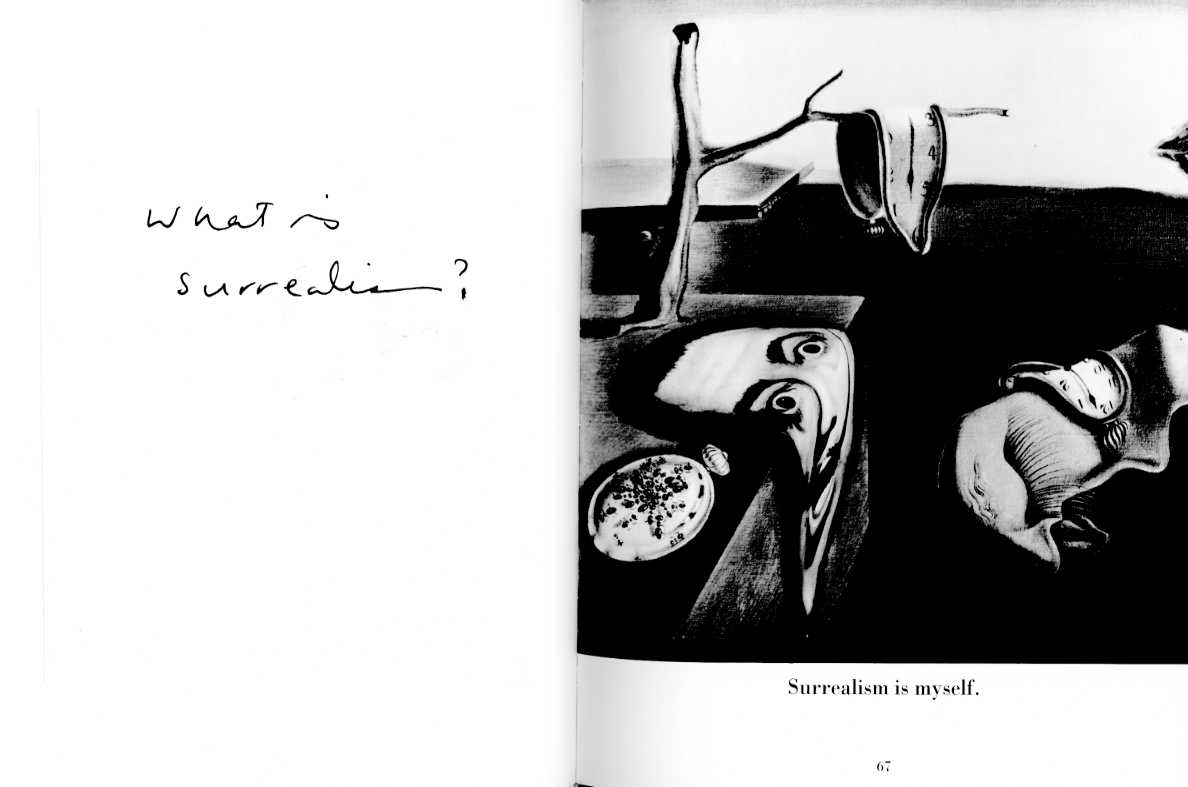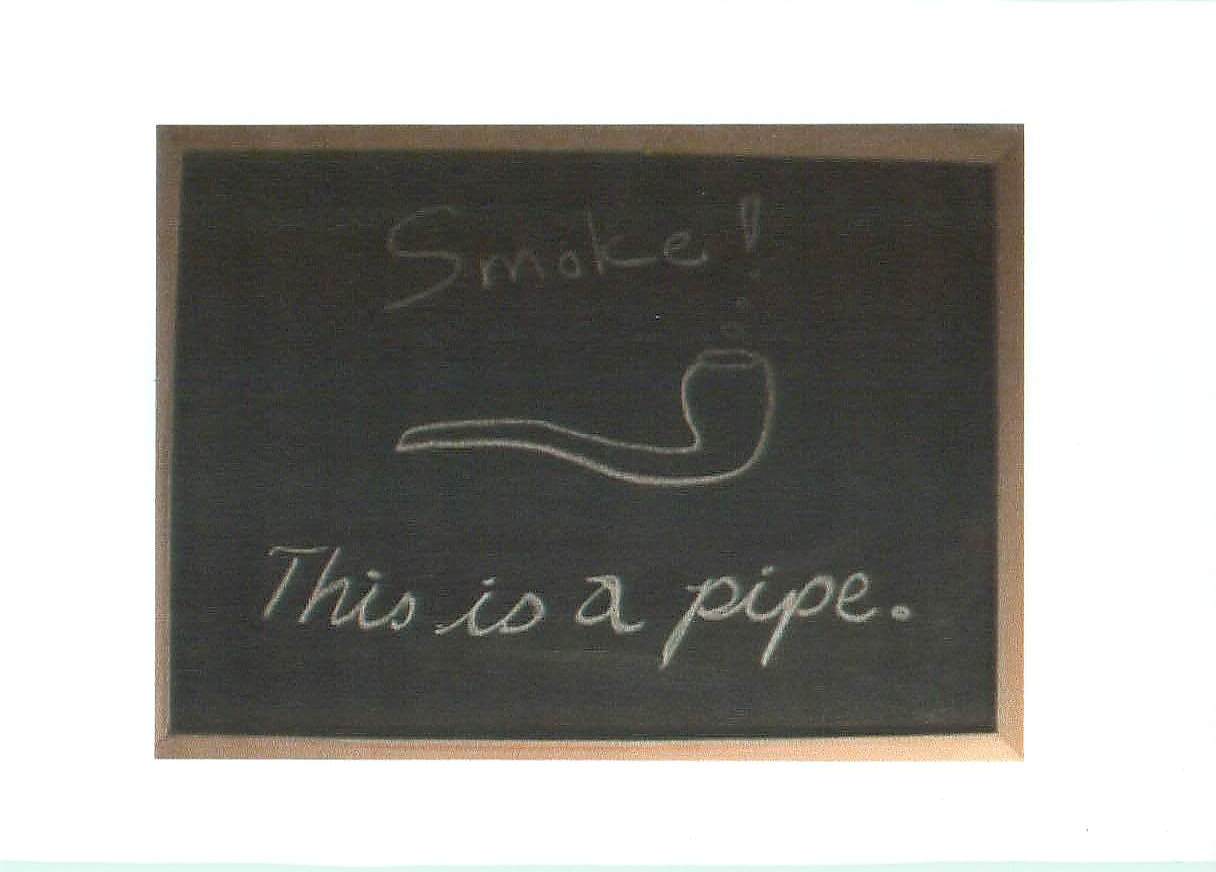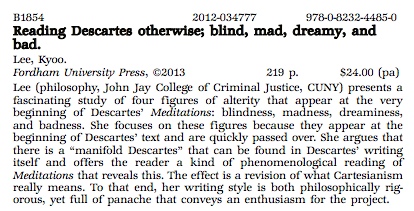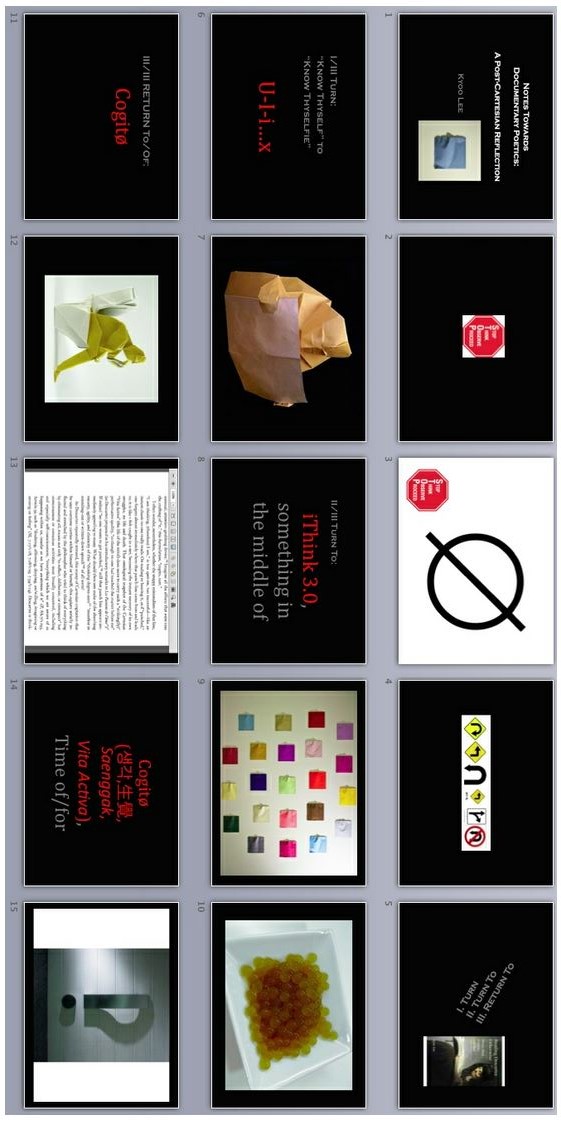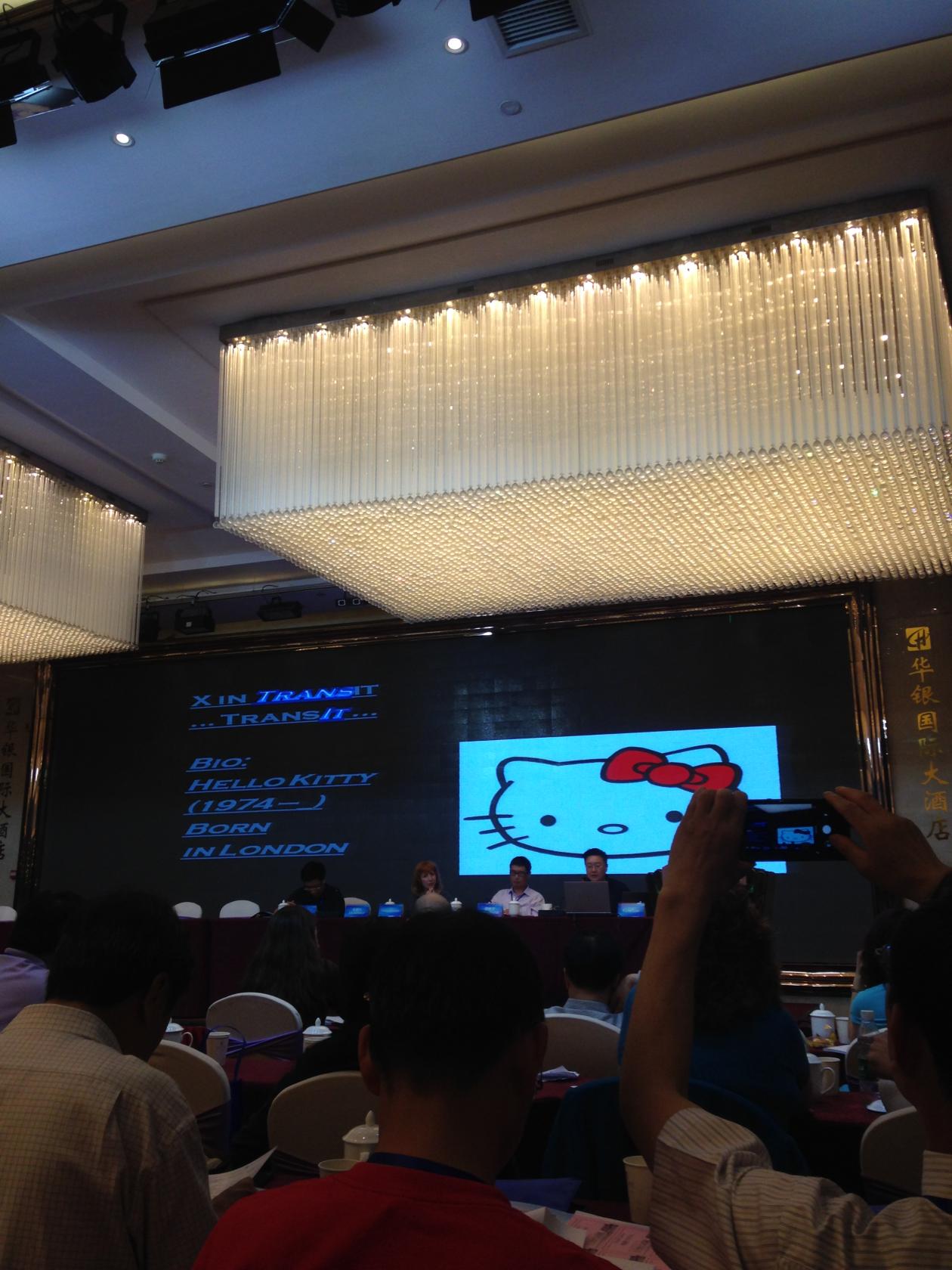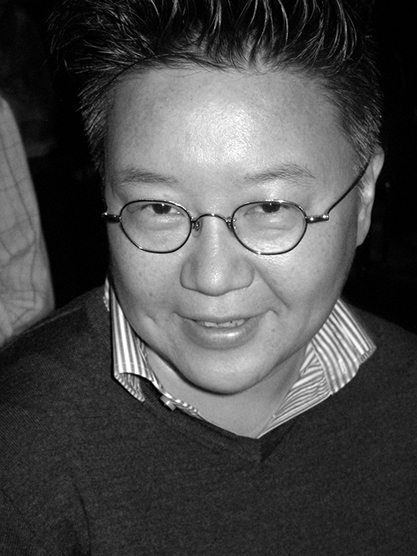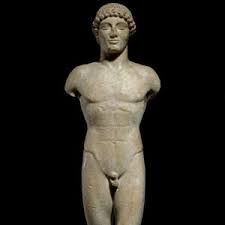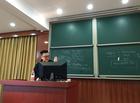VISUAL PPT|Links
@ Jack Kerouac School
2014-15 Naropa U
04/29/14 Meiji U
02/13/14 UCCS
10/09/13 Humboldt
11/15/11, NYC/Penn
11/12/10 PSU
FALL 2017
Q, a.k.a. Kyoo Lee, author of Reading Descartes Otherwise: Blind, Mad, Dreamy, and Bad (2012, Fordham UP) and a chapbook, Writing Engtanglish: come in Englysshing With Gertrude Stein, Zhuangzi... (2015, Belladonna Series), and co-editor of Women’s Studies Quarterly on “Safe” Issue (2011, The Feminist Press) and Critical Philosophy of Race on “Xenophobia & Racism” Issue (2014, Penn State UP), currently works as a philosophy professor at CUNY,where she teaches a wide range of courses at all levels: Modern European Phil to Classical Chinese Phil; Critical/Feminist/Gender/Justice/Race Theories to Theories of Reading.
Trained in European Philosophy (Warwick, PhD, Phenomenology/Deconstruction/Descartes/Derrida) and Literary Theory (London, ABD, Allegory/Irony/Poetics/Romanticism including post-/Shelly to de Man), Q writes and works extensively and collaboratively in the interwoven fields of the Arts & the Humanities and is now working on three, strangely related books on Daodejing (Laozi), The Passions of the Soul (Descartes), and The Second Sex (Beauvoir), as well as Entanglish, “Paper People,” Xenoracism, etc., all connected to her other creative texts published in literary venues such as 3:AM Magazine, Asian American Literary Review, The Brooklyn Rail, Dis, PoemTalk (Penn Sound), Poetry Foundation and The Volta.
A thinker living on food not just for thought, sometimes she, like many academics, relies on grants & fellowships to go on, and her headspace sustained so far owes much to a Mellon Fellowship, NEH Stipend, CUNY Graduate Center Faculty Fellowship, KIAS (Korean Institute For Advanced Studies) Fellowship, John Jay Faculty Research Excellence Award, and so on, to list a recent few such occasions.
An avid traveler, when not walking around or working alone, she sits on the Editorial Boards of Derrida Today (Associate Editor), Open Humanities Press and Women's Studies Quarterly (The Feminist Press), and will soon start working as the new co-editor of philoSOPHIA: A Journal of Continental Feminism (SUNY Press) while serving on the Advisory Board of the Journal of Simone de Beauvoir Society as well.
A translingual reader of all things poetic as well as prosaic, since 2002 she has been a member of the Poetry Translation Center, London, UK, where she collaborates on translating Korean poems into English among others. Currently, she is also on the Translation Committee of PEN America. Since 2014, she has been occaional summer visiting faculty at Jack Kerouac School of Disembodied Poetics at Naropa University, Boulder, Colorado, teaching workshops such as Cogitøgraphy 3.0 (2014) and A PhiloPoetics of Dreaming (2015). Another on-going, collaborative philopoetic project involves curating the "MusingWith" series, an exerpimental dialogical platform for poets & readers, which has been housed at The Asian American Literary Review. Since Spring 2017, she has been leading a Mellon Public Seminar, "mp3: merging poetry, philosophy, performativity" at the CUNY Graduate Center.
Kyoo Lee, 2012
Blind, Mad, Dreamy, and Bad
"The effect is a revision of what
Cartesianism really means."
(Ref & Research Book News)
REVIEWS|NOTES
"Kyoo Lee's Reading Descartes Otherwise comes at a moment of revisionism in Descartes scholarship and her readings offer insightful alternative understandings of the "Father of Modernity" and "Cartesianism." Lee gives us a convincing portrait of Descartes as phenomenologist and, drawing on a host of post-structural theorists, illustrates the way his thought, so entrenched in the problems of dreams and madness, is not only distant from the caricature of Descartes that Lee wants to fight, but in fact puts Descartes right at home in our own philosophical age. Reading Descartes Otherwise makes a strong argument for fresh interpretations of the thinker and provides its readers with a slew of new questions and problems that point toward a reworked understanding of Descartes."
__________
Descartes Otherwise
(Laura Hengehold)
"Descartes has been associated with a project of establishing the ego’s separation from and sovereignty over its material environment, a project often held to be constitutive of modernity as well as its discontents. Kyoo Lee’s Reading Descartes Otherwise tries to free our understanding of modernity from this imaginary and reductive reading, which she calls the “Cartesian complex,” by presenting the voice of The Meditations as embodied, phenomenologically astute, and emerging from the interstices of his own repeated dreamlike thought experiments."
_________________
Reference and Book Research News/Book News, Inc., Portland, OR
2013
_________________
__________
Ah, I "miss" the point. I really do. But you just Walk Away Renee. Please do. Personal thanks to Ariana for this brilliant reminder.
Before doing that, having seen something, Rene(e) should also say something or just ask, what's that "occasional gaffe"?
If in doubt, just like Descartes, think again, read again:
1) Closely, e.g., the endnote on the (con-fused/dualized) ID card(s) of "Huxley," Thomas or Aldous, part of "Reframing "Jeux Descartes"." This point, missable yes, does not seem to have been "missed" by a majority of "author, readers, and editors," however, although the author is solely responsible for playing this way.
2) Connectively, e.g., till the end of the book bookended by that very theme: a certain new "old boy" genealogy of Cartesian cogitation already under auto-deconstruction.
3) Broadly, e.g., "the practical, Spanish-Portuguese ego conquiro" (Enrique Dussel), neither Spanish-Portuguese per se nor "wobbly Latin," but rather an epochally-recast, critically-hybrid, generative concept central to European & Latin American philosophy, both historical and contemporary.
There are readers, and then there are readers who read. Thank-you to y'all.
PUB 2015-17
U Affect, The Volta
LipThink, differences
Brown, Poetry Foundation
Barbara Guest, Brooklyn Rail
Badiou Queer?, Badiou Studies
Dead to Me, PoemTalk/Jacket2
Writing Entanglish, Belladonna*
Antigone Notgone, philoSOPHIA
Butterfly Redreaming, Humanities
Last Man/ Lasts, adjacentpineapple
(M)oral Kinkiness, Feminist Formations
Raw Raw, Asian American Literary Review
"Rape "Jokes"", Studies in Gender and Sexuality
Bloody Throw, Feminist Phenomenology Futures
jazz: reading descartes otherwise, 3:AM Magazine
QueerIt, Queering Contemporary Asian American Art
An Eco-Echo-Philopoetics, Place Space & Hermeneutics
Buttery Flies, InvAsian Irony, Critical Philosophy of Race
TransLingualBeauvoir, Blackwell Companion to Simone de Beauvoir
FELLOWSHIP/GRANT
mp3: MellonPublicSeminar, CUNY Graduate Center
TALK/Video*
Dao, Dujiangyan
Derrida Today, London
Sleep Furiously, Boulder
Dead to Me, Philadelphia
Heterotopia, Athens/Piraeus
Derridian Entanglish, Wuhan
Queer Philosophy, Philadelphia
PhiloPoetics/Heterotopia, Tokyo
Documentary Philopoetics, Boulder
Hello Kitty Transnational, Xiangtan
Descartes's China: East-West?, Albany
Entanglish
Recent TALKS
SexInotherwords@复旦大
TransBeauvoir@UBC
Ambilingual@AAWW
QueerAsianAmArt@NYU
mp3@CUNYGradCntr/Mellon
PoeticJustice.mp3
QueensEnglish.mp3
2017- under construction
